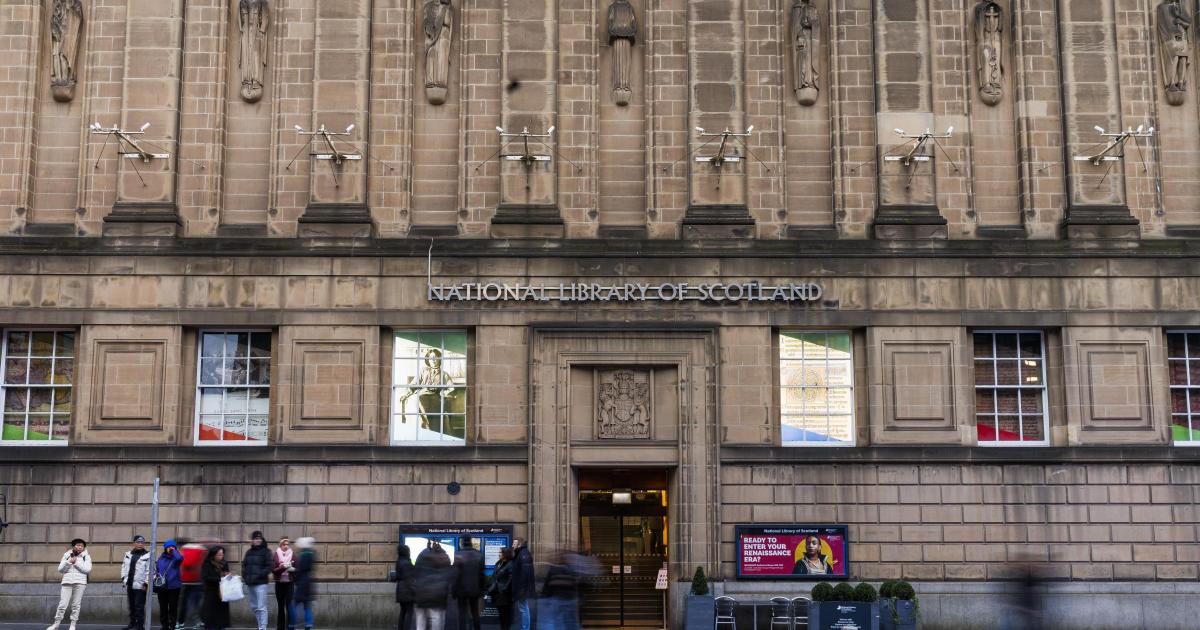It charts a five-year campaign opposing Nicola Sturgeon’s bid to reform Scotland’s gender recognition laws to allow so-called self-ID law.
The book received four public nominations for the National Library of Scotland’s Dear Library exhibition, twice the number usually needed to guarantee inclusion in the 200-title display, which opened in June to mark the library’s centenary.
However, it was removed from the Library’s centenary exhibition following staff complaints.
READ MORE:
Documents released under Freedom of Information revealed the library’s LGBT+ staff network raised concerns at a meeting with managers on May 7, later warning that the book carried “significant risks” to relationships with authors and stakeholders and could cause “severe harm” to staff.
They claimed it promoted “hate speech” comparable to racism.
Following the decision to remove the book from its centenary exhibition, the Library was warned it could face thousands of legal claims, potentially costing millions.
Human-rights charity Sex Matters accused the Library of unlawful discrimination and harassment under the Equality Act 2010 for excluding The Women Who Wouldn’t Wheesht from its Dear Library display.
The charity said the decision “creates a hostile environment for gender-critical staff” and “discriminates against members of the public who share those beliefs”.
NLS is celebrating its 100th year (Image: National Library of Scotland) Now, The National Library of Scotland has confirmed that it will add ‘The Women Who Wouldn’t Wheesht’ to its ‘Dear Library’ exhibition in Edinburgh.
The Library said it “has spent the past few weeks exploring options to address the matter”.
It confirmed that a meeting was held between the National Librarian, the Chair of the Board, and the book’s editors on Wednesday.
“At yesterday’s meeting, the National Librarian and Chair of the Board heard the editors’ concerns and apologised for not consulting them in the decision making. The Library also had further conversations with staff and other exhibition stakeholders”, the library said.
National Librarian Amina Shah said: “The Library’s collections span centuries, and we can use these to explore some of the most pressing issues of our time.
“We aspire to bring people together, and encourage respectful and constructive conversation. We will always be inclusive, and we will always welcome everyone to the Library.”
The Library also confirmed that it will work with the book’s editors and other exhibition stakeholders £to ensure that the book’s placement in the exhibition is constructive and inclusive”.
“The Library will place the book on the exhibition shelves by the end of the week”, it added.
